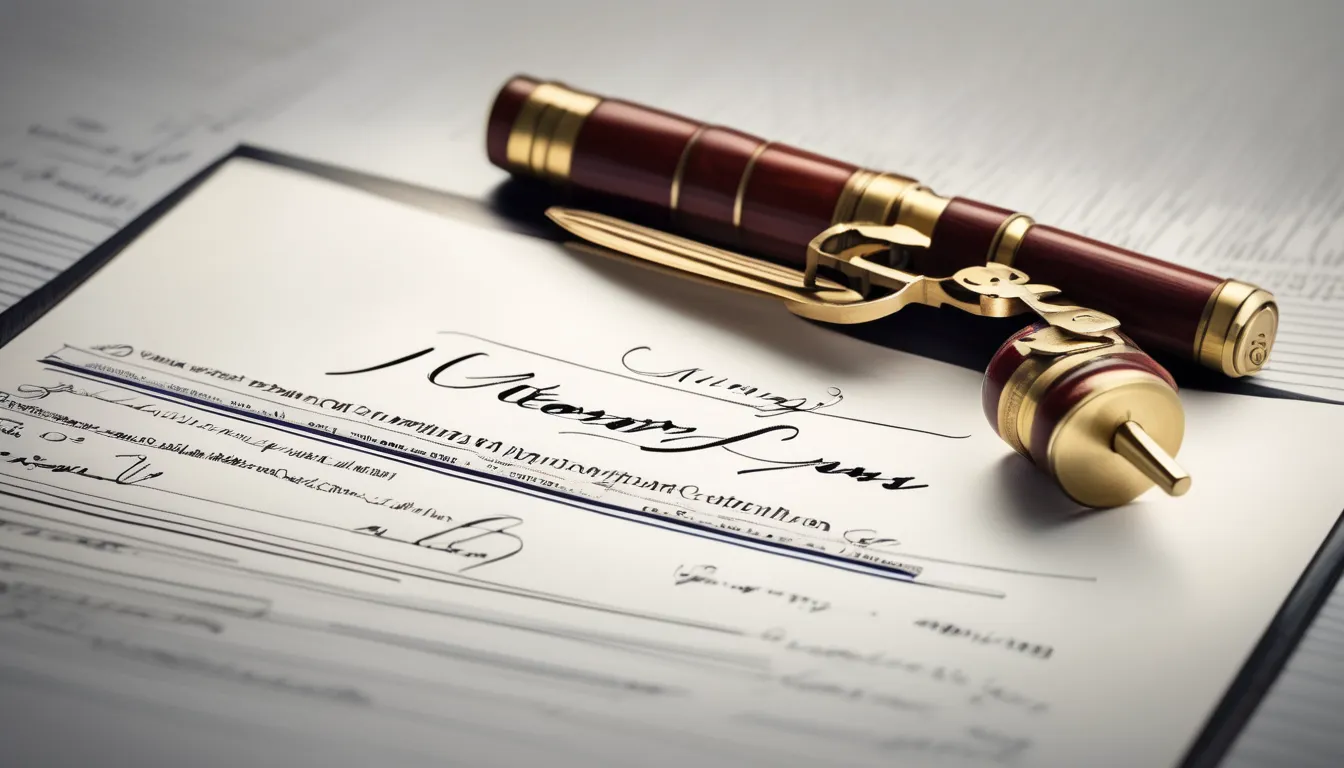
As you navigate the complex world of document authentication, you may wonder what documents a notary public can notarize. You’ve likely encountered notaries at some point, whether it was for a real estate transaction or a business agreement. But did you know that notaries can also notarize estate planning documents, certain business documents, and even administer oaths and affirmations? While their authority is substantial, there are limits to what they can notarize. But what exactly are those limits, and what types of documents fall outside their purview? Let’s explore the scope of a notary’s authority.
Documents That Require Notarization
When dealing with important documents, it’s crucial to know which ones require notarization. You’ll need to identify documents that require notarization to ensure they’re executed correctly.
Typically, documents that involve significant financial or personal transactions, or those that affect your rights and obligations, require notarization.
You’ll often need to notarize documents related to real estate, such as property deeds, mortgage agreements, and powers of attorney.
Estate planning documents, including wills, trusts, and guardianship agreements, also require notarization.
Additionally, some business documents, like articles of incorporation and partnership agreements, may need to be notarized.
You should also be aware that certain types of affidavits and sworn statements require notarization.
These documents often involve making statements under oath, and notarization helps verify your identity and ensures the authenticity of your signature.
It’s essential to review each document carefully to determine if notarization is required, as failure to do so may render the document invalid.
Documents Requiring Witness Signatures
Documents Requiring Witness Signatures
Identify documents that require witness signatures to ensure they’re executed correctly and maintain their validity. These documents typically involve significant life events or financial transactions, and having a witness present can help prevent disputes or fraudulent activities. As a notary, you play a crucial role in verifying the identities of signers and witnesses.
| Document Type | Witness Requirements | Notary’s Role |
|---|---|---|
| Last Will and Testament | Typically 2-3 witnesses | Verify witness signatures and identities |
| Powers of Attorney | 1-2 witnesses | Ensure witnesses sign and date the document |
| Real Estate Deeds | 1-2 witnesses | Verify witness signatures and notarize the document |
| Advance Healthcare Directives | 1-2 witnesses | Ensure witnesses sign and date the document |
When notarizing documents that require witness signatures, you’ll need to verify the identities of both the signer and the witnesses. Ensure the witnesses sign and date the document in your presence, and that they understand the document’s contents. By following these steps, you can help ensure the document’s validity and prevent potential disputes.
Oaths and Affirmations Documents
Authenticity is crucial in legal proceedings, and oaths and affirmations play a significant role in ensuring the truthfulness of statements. As a person seeking notarization services, you may be required to take an oath or affirmation to confirm the authenticity of your statements.
Notaries public can administer oaths and affirmations, which involve promising to tell the truth under penalty of perjury.
When you take an oath or affirmation, you’re swearing to the accuracy of your statements. The notary public will ask you to raise your right hand and repeat the oath or affirmation.
You’ll then sign the document in the notary’s presence, confirming that the statements are true. The notary will verify your identity, ensure you understand the oath or affirmation, and witness your signature.
Notaries public can notarize various documents that require oaths and affirmations, such as depositions, affidavits, and court documents.
They’ll ensure that the oath or affirmation is properly administered and that your signature is genuine. By notarizing these documents, notaries public help maintain the integrity of the legal process.
Documents With Legal Limitations
There’s no text to extract a sentence from.
Documents with legal limitations can be a bit tricky for notaries to navigate, as some documents have specific requirements or restrictions.
You’ll need to exercise caution when dealing with documents that have potential legal implications, such as court documents, wills, or powers of attorney.
As a notary, you’re allowed to notarize documents with legal limitations, but you must ensure that you follow the specific laws and regulations governing these documents.
For instance, you may need to verify the identity of the signers, ensure that all parties are present, or use specific language when notarizing the document.
It’s essential to familiarize yourself with the laws and regulations in your state or jurisdiction regarding these documents.
Some common documents with legal limitations that you may encounter include adoption papers, divorce agreements, and property deeds.
When notarizing these documents, you’ll need to pay close attention to the details and ensure that all requirements are met.
Documents Beyond Notary Authority
Documents Beyond notary around me Authority
Your authority as a notary public has its limits, and you can’t notarize every type of document that comes your way. Some documents are outside your authority due to their nature or the laws governing them. You must be aware of these limitations to avoid potential liabilities.
The following examples of documents beyond notary authority illustrate the types of documents you should decline to notarize:
| Document Type | Reason for Limitation |
|---|---|
| Wills and Codicils | Typically require attorney involvement and specific procedures |
| Court Orders and Judgments | Issued by courts and not subject to notarization |
| Vital Records (e.g., Birth, Marriage, Death Certificates) | Official records typically issued by government agencies |
When faced with requests to notarize documents beyond your authority, politely decline and explain the reason for the limitation. Direct the individual to the relevant authority or agency that can assist them. Always prioritize your role as a notary public and adhere to the laws governing your authority.
Conclusion
You’ve now seen the various types of documents a notary public can notarize. In general, notaries can handle deeds, business documents, affidavits, and estate planning documents. They can also witness signatures on wills and powers of attorney, and administer oaths. However, some documents, like court papers and adoption documents, require extra caution or are beyond a notary’s authority. Always check the specific requirements before seeking notarization.



